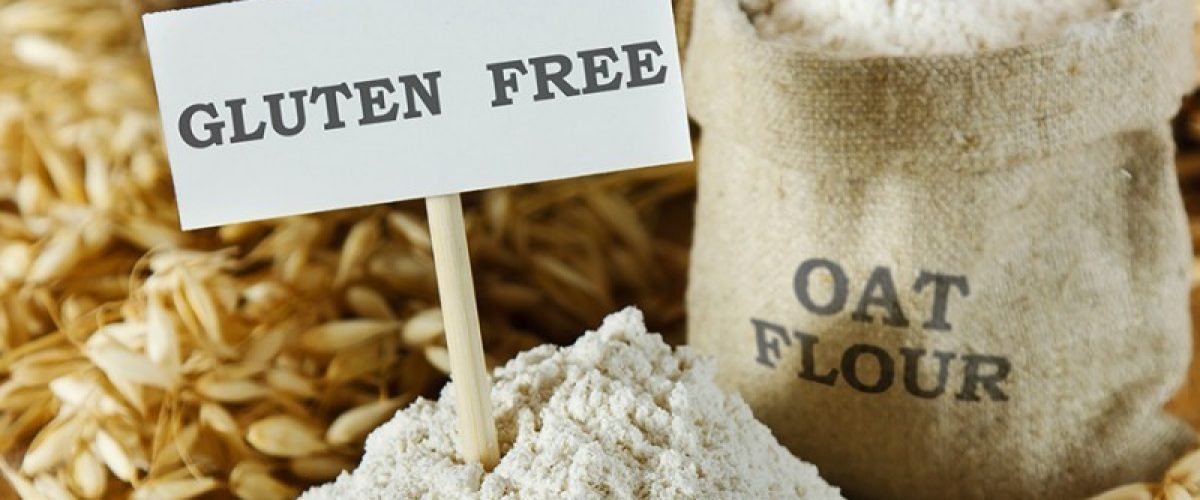Why Gluten Free?

The top questions you may be asking yourself when considering a gluten free diet
With all the new gluten-free foods flooding the supermarket shelves, you may be asking yourself: is gluten-free healthier? The more that researchers and dietitians examine gluten and all the gluten-free benefits, the more that people become inspired to go the gluten-free route.
Some people that can not have gluten at all without significant adverse effects; these individuals are considered gluten intolerant. Their allergy to gluten is so high that consuming gluten becomes detrimental to their health. For example, people who are diagnosed with celiac disease must follow a gluten-free diet. The second category of individuals who benefit from a gluten-free diet consists of those who have gluten allergies (i.e. wheat allergy) or gluten sensitivity. In this case, individuals can tolerate trace amounts of gluten, such as when a food or beverage has been processed in a facility that also handles. People with celiac disease, on the other hand, would need to steer completely clear of anything that has even been exposed to gluten.
Here are the top questions you may be asking yourself when considering a gluten-free diet”
1. WHAT HAS GLUTEN?
To fully understand what has gluten, you must first become clear on what gluten is and how it’s used in foods. Gluten is a protein found in wheat, rye, and barley. It serves as the glue in a recipe to help food maintain its shape. Gluten can pop up in many different types of drinks and foods, so be sure to read the labels carefully, especially if you have a gluten allergy or are gluten intolerant.
The three top sources to find gluten is in wheat, rye, or barley.
Foods that typically contain wheat
breads
baked goods
soups
pasta
cereal
sauces
salad dressing
Foods that typically contain barley
malt
food coloring
soups
beer
malt vinegar
Foods that typically contain rye
rye bread
rye beer
cereals
2. IS GOING GLUTEN-FREE HEALTHIER?
The answer to this question will be based on each person. For some people, the answer is completely obvious and they may already know that eating gluten is simply not a possibility for them. Others may have a gluten sensitivity and not even know it. Allergies can also come and go, so a gluten allergy or gluten sensitivity is something that can be acquired at any given time.
In general, however, most of the foods that contain gluten are foods that are also higher in carbs, all of which ultimately convert into sugars. Although there have been numerous studies and books written on whether or not we should have grains in our diets and how much, dietary choices are personal choices. We must all learn how to go inward and listen to our bodies. In doing so, we can see what our body says about how it likes grains and gluten and then support it with the proper diet plan.
3. WHAT DO YOU DO WHEN YOU ARE GOING GLUTEN-FREE?
If you have decided, you want to try out a gluten-free diet and gluten-free lifestyle, there are some practices you will need to put into place to fully support yourself for success. When you make the bold decision that you are going gluten-free, it means you now have to become an investigator; unless you are the one preparing your meals, you will need to ask a few questions or read labels to make sure that what is being prepared for you is truly gluten-free.
A good starting point is to determine the intensity of your gluten sensitivity or gluten allergy. From there, you can decide how strict you may have to be. You also can decide whether you are going to completely remove bread and starches from your diet or start to replace them with gluten-free options. Note that there are so many amazing dishes you can still prepare that are already gluten-free using rice and corn alternatives.
The best way to know if going gluten free is for you is to take the time to try removing it from your diet and noticing what differences occur. Many people notice their skin clearing up, a reduction of inflammation in the body, weight-loss, improved energy levels, clearer thinking, and many other benefits. You will need to fully remove the gluten from your diet for approximately 3 months to see the difference it makes.
It’s easier to go gluten-free today than it ever has been before. With so many more people dealing with gluten allergies and gluten sensitivities there is an abundant amount of resources available, including nutritional information, recipes, and support groups. Always remembering to be compassionate with yourself if you try to take on a big shift like following a gluten free diet. Work at it every day. If you fail one day, show back up strong the next, finding more recipes and alternative ways you can be successful for a healthier you.
Written by Lisa Saremi
